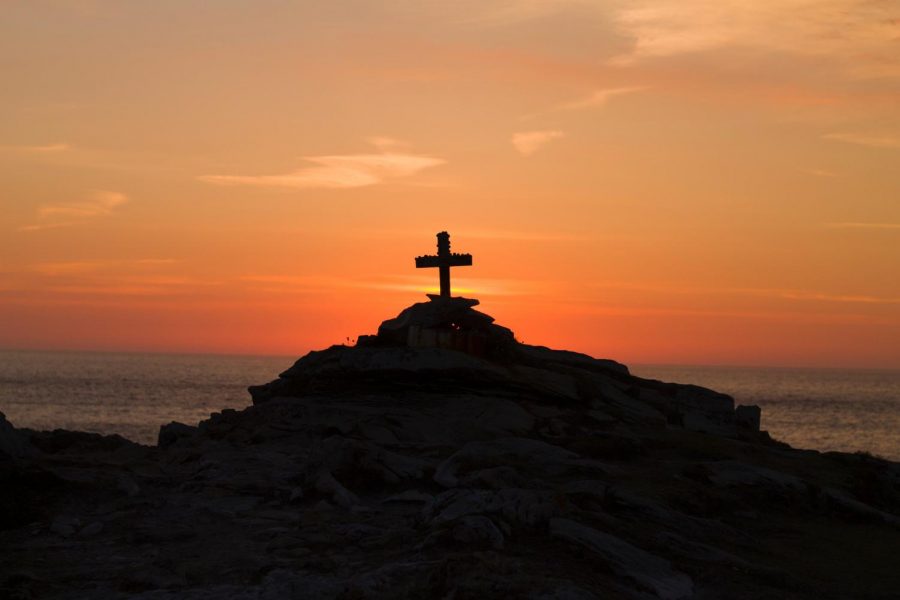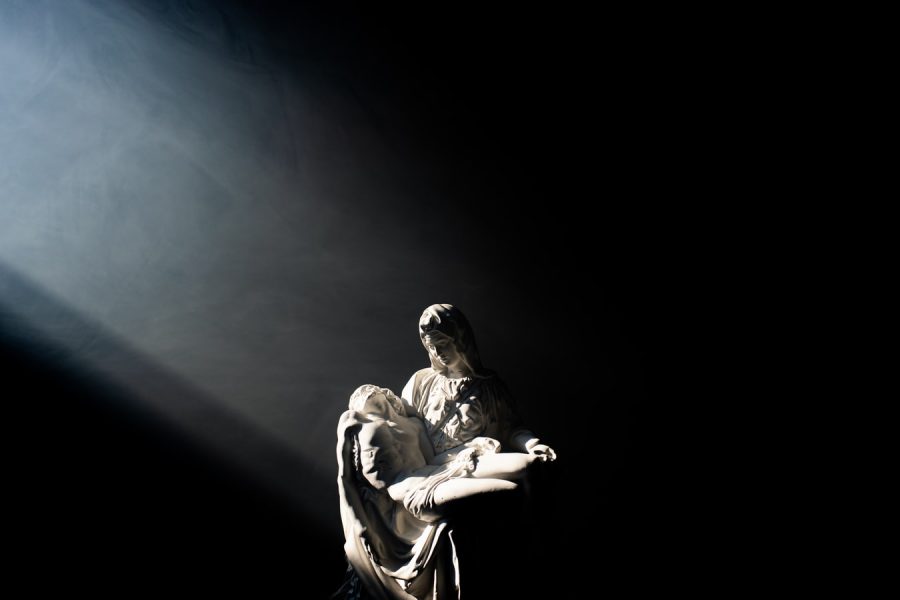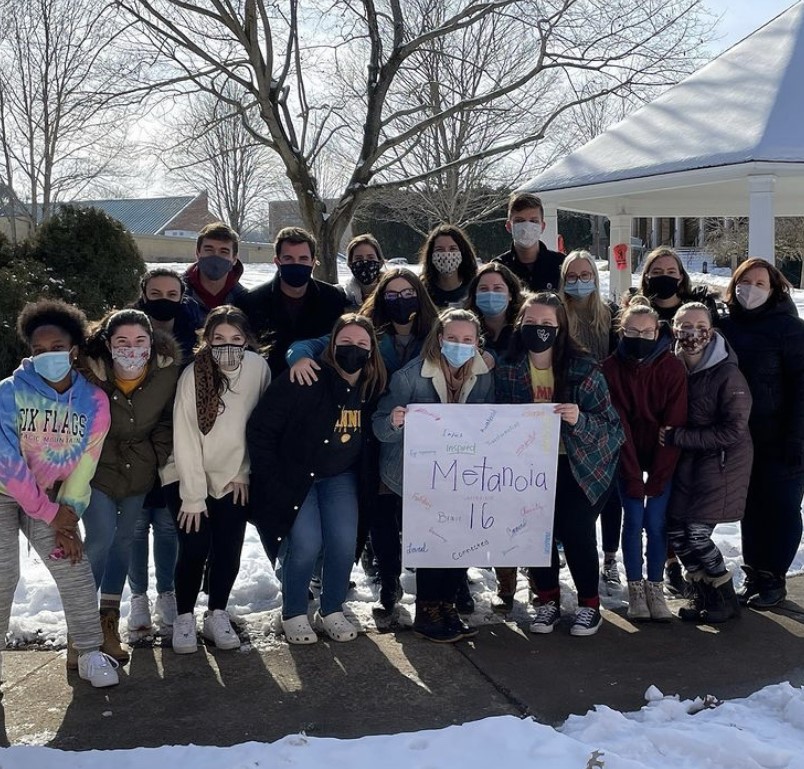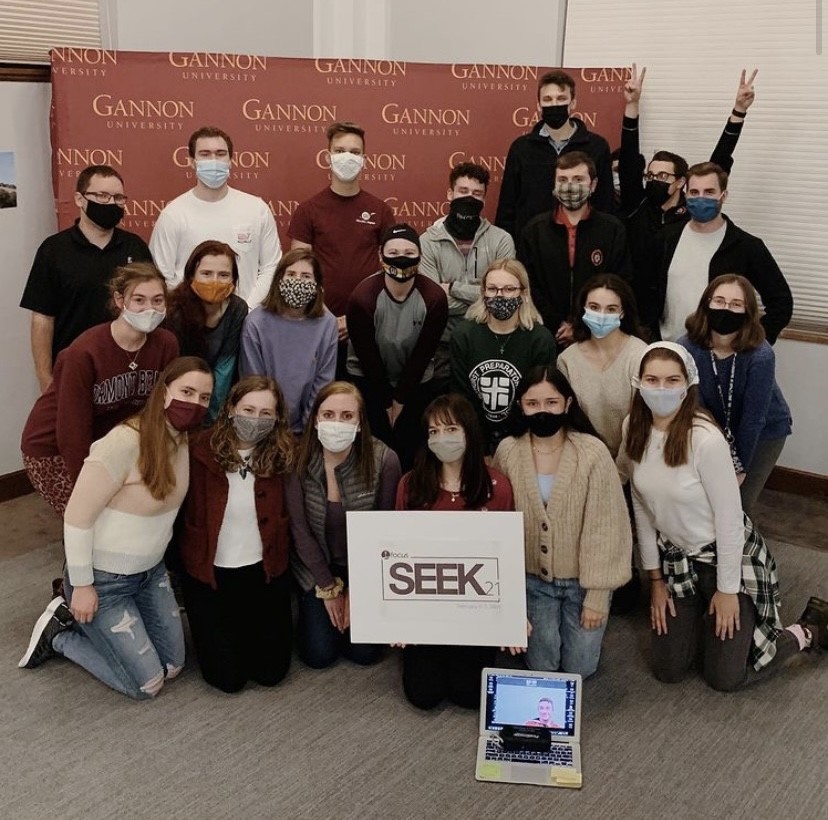The Catholic tradition is one that is steeped in rituals.
We can trace these ceremonies back to the earliest Christian times when the holy sacrifice of the Mass was celebrated at the tombs of the Christians to avoid persecution.
The church has two days back-to-back that recognize eternal life – All Saints Day on Nov. 1, a holy day of obligation, and Nov. 2, All Souls Day.
In the New Testament the word “saint” is used to illustrate that a person was a Christian but that definition was soon replaced to mean martyr – someone who dies in defense of the faith.
The list of saints, which well exceeds 5,000 canonized people, are presumed to be in heaven.
Those granted this title are said to have led lives of virtue.
Some of the examples were criminals; Paul, for example, was a murderer of the Christians until Christ revealed himself to him.
Some of the saints were preserved from any outward signs of ungodliness and led model lives to death.
The saints, during their time on earth, would mold their own lives after a previous saint.
The reason that they’re in our churches is to serve as a reminder of the life they lived.
This is comparable to the desktop background of your boyfriend, girlfriend or family member – it reminds you of your relationship with them when you look at it.
Catholics believe in the eternal life that we are promised through Christ’s resurrection and therefore believe that the saints are in heaven waiting for us.
We also believe that the saints intercede for us and, because they are already glorified, God listens to their prayer.
Well, I am a sinner and I know God has answered every prayer I offered to him, though sometimes not with the answer I wanted or as quick of a response as I wished. Nonetheless he always hears and answers our prayers.
We place before God, on the altar, the prayers of the entire church.
Not only are the living praying at Mass, but those who have gone before us offer their own wishes.
The list of saints read in the Eucharistic prayer creates the image of a community not only on earth, but in heaven, that cares about us.
Did you ever ask someone to pray for you?
It is a comforting feeling to know that people care enough to pray. The thought of the entire family of believers praying for your very specific intention universally is astonishing.
How does that apply to us at Gannon?
We are a family made of many diverse backgrounds and beliefs and yet we all hope.
Hope is a virtue and one of the three that St. Paul talks about; faith, hope, and love.
Listen to the conversations of students and staff who say the word hope during their conversation.
You will be hard pressed to find one void of it, I hope, and soon realize the virtue that is placed in our hearts even unknowingly.
So, if I say, “I hope my Mom has a good operation” or “I hope that my Dad’s cancer goes away” or “I hope I do well on my exam,” I am offering a prayer of hope. Even non-believers do that.
The power of the saints in heaven and us on earth to pray and ask for help, give thanks and praise our Lord is united and most powerful.
So this week practice your praying if you believe and if you don’t, practice your hoping skills.
God hears the sound of our voice and will answer every prayer, perhaps not as quickly or precisely the way we want but it is his vineyard – let him tend to that part.
We will continue to pray and wait. Or hope and wait.









